UK and Switzerland entwined in migrant talks
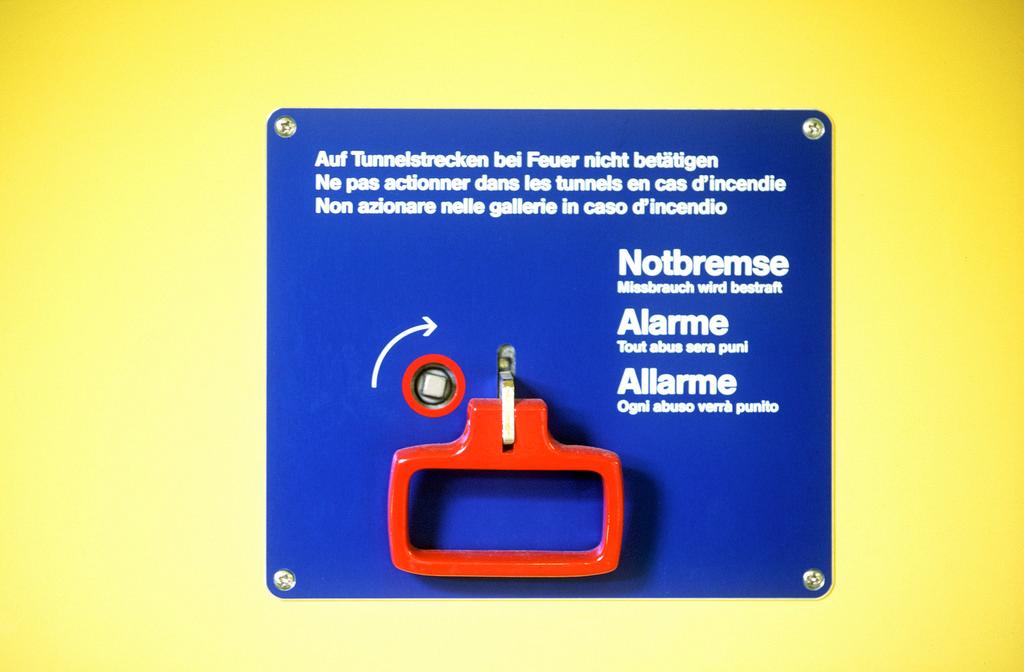
For now they are on different sides of the EU fence, but Britain and Switzerland are finding their respective Brussels negotiations on migration curbs increasingly intertwined.
Both London and Bern want to keep access to the EU’s single market while imposing tighter controls on EU migration; both want a deal within months because of referendums; and both face stiff resistance from EU leaders objecting to curbs on the bloc’s hallowed principles of free movement.
EU diplomats say one solution could be a safeguard allowing restrictions on EU migration if a country can prove its public services are overwhelmed. “If we can construct something for the Swiss, we can do it for the British,” said one person involved in the talks.
Yet preliminary Swiss-EU talks on such an “emergency brake” show there are considerable obstacles. This demonstrates how hard it may be to find a politically acceptable migration solution for Britain, while giving a foretaste of the trade and migration dilemmas the UK faces if it votes to leave the EU.

More
Financial Times
External linkEver since the Swiss voted in February 2014 for quotas on immigration from EU countries, politicians and officials in Bern have scratched their heads over how to implement the decision without breaching rules Switzerland has signed up to on the free movement of people.
Bern has threatened unilateral action if Brussels does not strike a deal but Swiss officials acknowledge such a step would be very risky. The EU has warned that this kind of move would nullify the accords that give Swiss companies access to the single market.
David Cameron toyed with putting Swiss-style quotas on his EU reform wishlist last year but backtracked after the German chancellor, Angela Merkel, warned him it would be illegal.
Instead the prime minister pressed for strict curbs on welfare for migrants, aiming to reduce economic incentives for immigration. But that too has become bogged down with objections that a four-year ban on in-work benefits for EU migrants violates the union’s principles of non-discrimination. Mr Cameron says he is “open to different ways of dealing with the issue”.
Emergency brake
This is prompting Brussels officials to look at whether a form of “emergency brake” on migration – it is being discussed informally with Bern – could be an alternative to address Mr Cameron’s political needs.
Bern, in turn, hopes that having Britain as an ally will help it toughen up a migration safeguard clause, which is mentioned in its existing agreements with the EU. “The UK is in the EU; it is big and has an imperial history, while Switzerland is outside the EU, small and has the history of a landlocked country. However, both countries have in common a pragmatic approach towards European integration, and maintaining national responsibility where possible,” said Michael Ambühl, a professor at the Swiss Institute of Technology in Zurich.
Despite some recent progress, informal Swiss-EU talks have stumbled on exactly when the “emergency brake” may be triggered, according to officials familiar with the discussions. Switzerland is seeking an automatic, numbers-based system, while Brussels is only willing to consider a more generic mechanism, policed by the EU.
A further complication is the legality of a brake. Negotiators have slightly more legal freedom in talks with Bern, as it is a bilateral accord. But the Swiss fear they cannot emerge with anything better than the UK’s reform deal, which in turn must fit in with EU treaties.
While there are existing EU treaty derogations on free movement – on grounds of public policy, security or health – some lawyers think this is not enough to build a mechanism to curb worker movements. France, for instance, thinks any system capping migration levels would be illegal.
If the commission emerges with a model that it believes to be legal, eastern European diplomats appear open to a “brake”. Yet some British officials say any possible solutions are unworkable “chaff” raised by EU officials looking to muddy the migration debate.
(c) 2015 The Financial Times Limited

In compliance with the JTI standards
More: SWI swissinfo.ch certified by the Journalism Trust Initiative
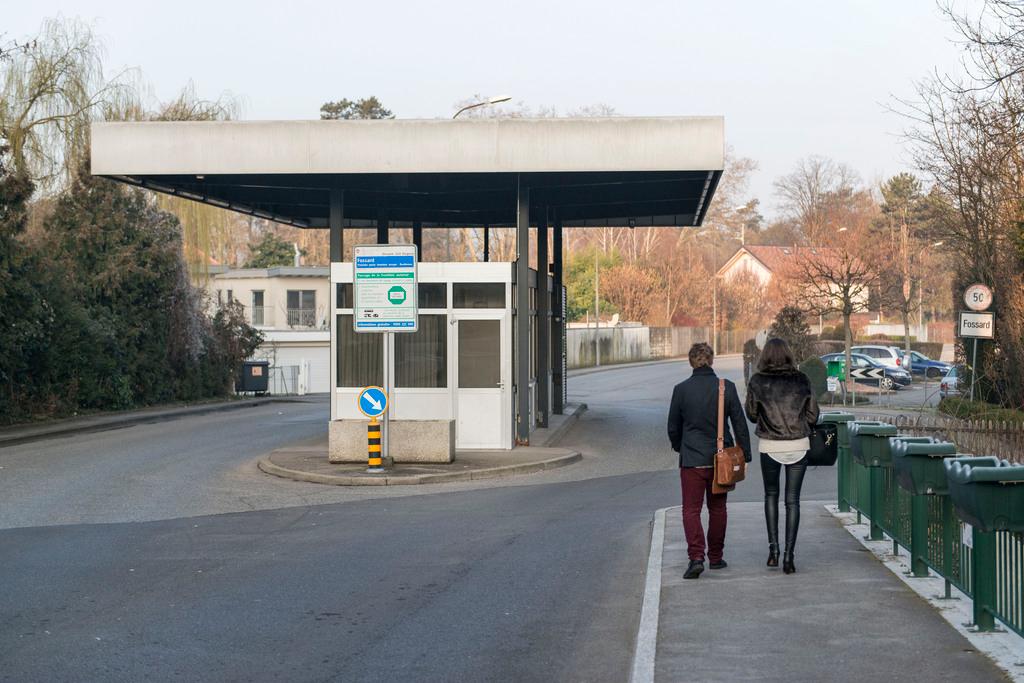
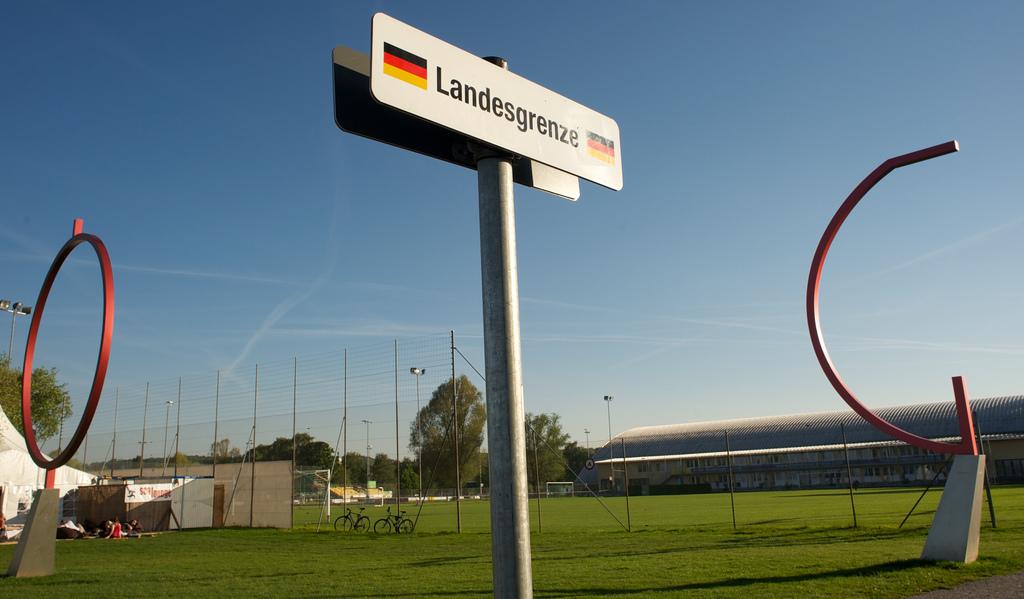
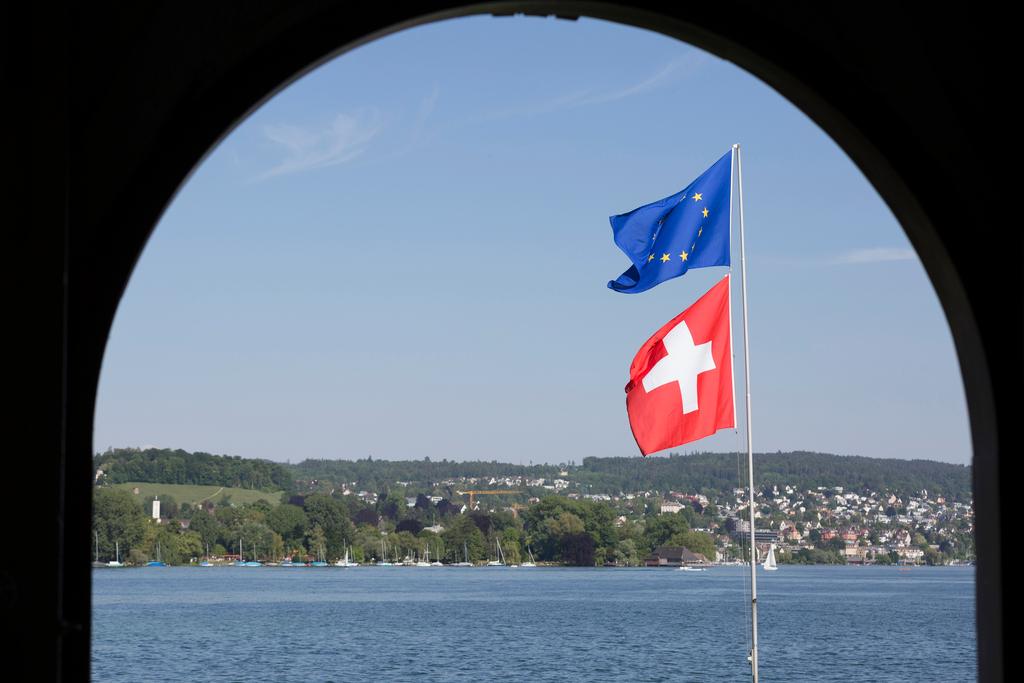
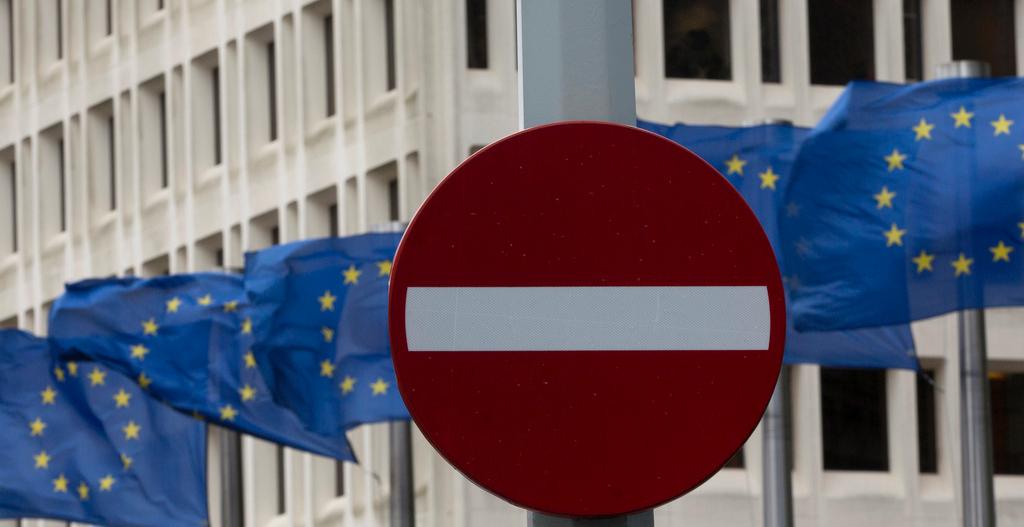
You can find an overview of ongoing debates with our journalists here. Please join us!
If you want to start a conversation about a topic raised in this article or want to report factual errors, email us at english@swissinfo.ch.